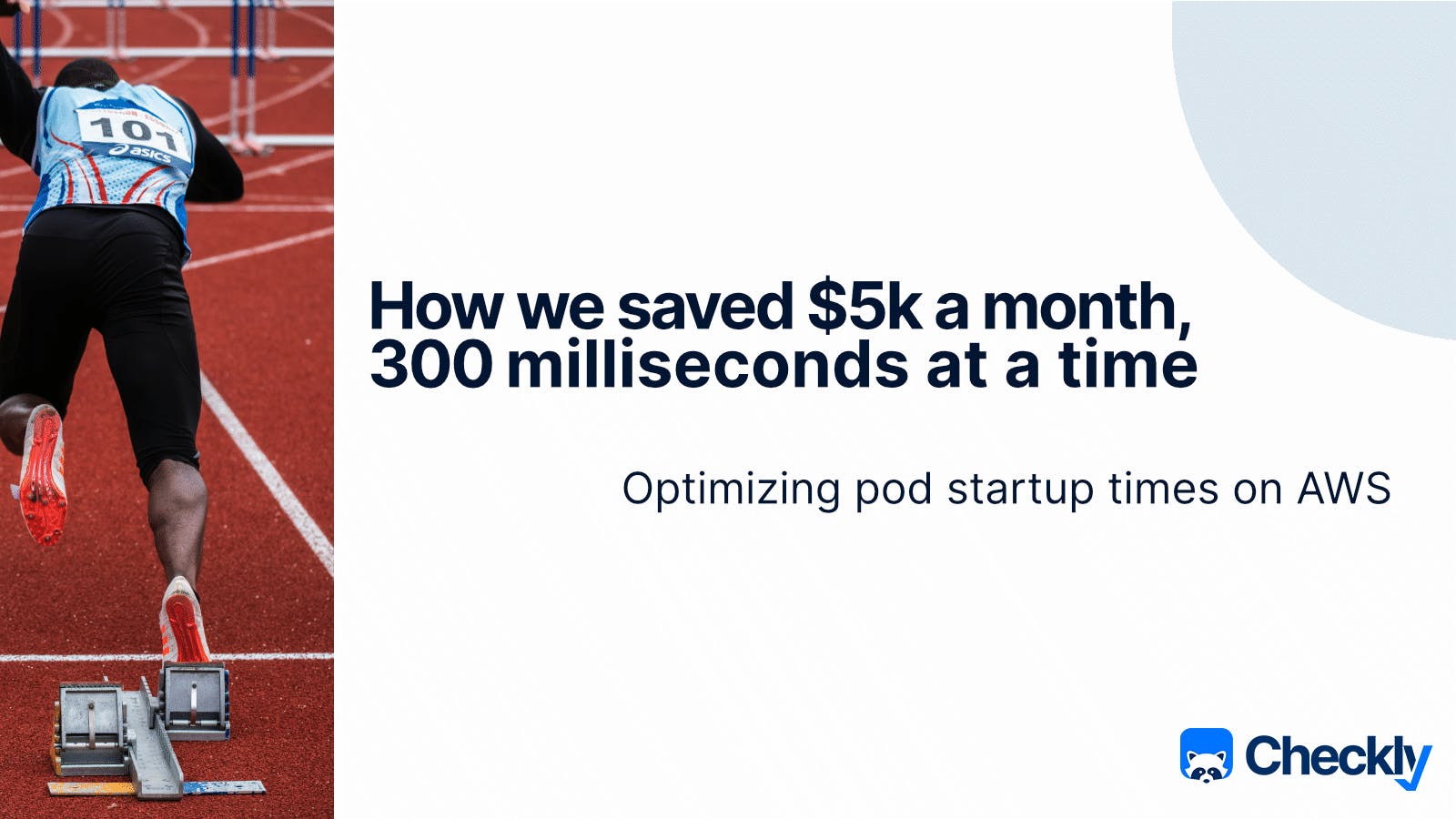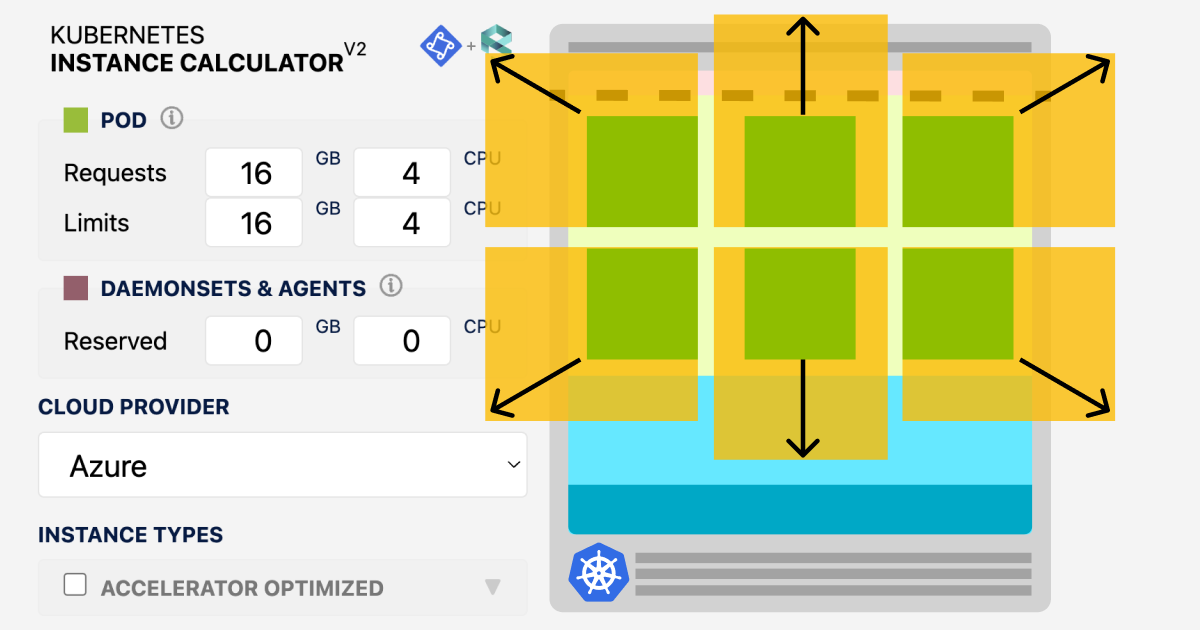What happened this week:
KPIs for Optimizing Cloud Spending
GCP increased service availability for CUDs
Mention of Honour about a possible evolution of Unit Economics.
Job Offers
Professional Spotlight with one of the experts I love to talk with
It’s been a heavy week, so a lot of value is coming. Brace yourself:
Sponsor the Newsletter
KPIs
Two KPIs for Optimizing Cloud Spending
Managing cloud spending is challenging for organizations. Tracking precise KPIs is crucial. It prevents wasted efforts and frustration.
To try and track it on the organizational level, we can add these key KPIs: Pre-Discount Spending and Total Discount.
Pre-Discount Spending: This measures usage based on list prices. It doesn’t include discounts or special rates.
Total Discount: This measures the savings from discounts and special deals. It shows how well the organization is utilizing vendor discounts.
Benefits
Engineering: Engineers can make cost-effective decisions. This avoids relying on temporary discounts.
Financial: Finance teams can focus on vendor negotiations. They optimize long-term savings.
Separation of Concerns: Different teams should use separate dashboards for clarity. This helps avoid confusion in decision-making.
Check the complete article by Nader to have a detailed in-depth explanation:
Cost Optimization
Saved $5K Monthly with a Single Grafana Query
Learn how Checkly saved $5,000 every month with one smart tweak!
Problem
Pods took too long to start.
High startup time increased costs.
Solution
Switched to using AWS SDK version 3.
Only imported necessary modules.
Added specific logging lines to track startup times.
Used Grafana Loki to analyze log data
Big Savings
Reduced startup time by 300ms per pod.
Cut down on pod numbers by 25%.
Saved around $5,500 monthly.
Finding efficiencies in unexpected places can lead to huge savings!
GCP
Google simplifies CUDs and covers GKE, Compute, and Cloud Run
Great news for developers and businesses using Google Cloud services! Google has made its Flexible Committed-Use Discounts (CUDs) even more adaptable with new services in place.
Unified Discounts
One CUD covers Compute Engine, GKE, and Cloud Run.
Save 46% for three-year and 28% for one-year commitments.
Expanded Coverage
Applies to Cloud Run on-demand, GKE Autopilot Pods, and more.
Not limited by specific regions.
Retirement of GKE Autopilot CUD
Purchase old CUDs until October 15.
Existing CUDs remain valid until their term ends.
This update provides greater savings and flexibility for your Google Cloud workloads!
FinOps Adoption
Learning Cloud Cost Management The Hard Way
According to HashiCorp’s latest survey, 91% of respondents reported waste in their cloud spending, despite 66% increasing their cloud budgets last year.
The main issues include lack of necessary skills, overprovisioning resources, and idle or underused resources.
To address these inefficiencies, enterprises should focus on upskilling their workforce, implementing finops principles, and leveraging automation tools.
Additionally, a robust cost governance framework is essential for effective cloud cost management.
Check the complete story, really well written by David Linthicum
Unit Economics
Throughput Accounting & Unit Economics
Unit economics and throughput accounting are key concepts in business financial management, but one might be better for overall growth.
Unit Economics
Focuses on costs and profits of individual units.
Popular for making specific financial decisions.
Might miss the bigger picture of overall profitability.
Pitfalls of Cost Accounting
Known for “local optima” thinking.
Optimizes parts, not the whole business.
It could harm long-term growth.
Throughput Accounting
Engages in maximizing value flow through systems.
Seeks and improves system constraints for better results.
Offers a broader view over detailed unit costs.
Why Throughput Could Be Considered
Accounts for customer retention and long-term value.
Adjusts strategies for both profitability and growth.
Ensures efficient use of every dollar spent.
Steer your focus towards throughput for long-term and sustainable growth.
Mention of Honour Special
Deserved for recent discoveries that are inspiring for the FinOps community.
🎖️ Mention of Honour
Kubernetes Instance Calculator Release
LearnK8s released their Kubernetes Instance Calculator! This tool offers several new features to help you optimize your Kubernetes workloads:
Cost Estimation: Calculate costs based on your specific requests and instance sizes.
Efficiency Exploration: Analyze instance overcommitment and efficiency to maximize resource usage.
Spending Insights: Identify over and underspending by comparing model error rates with your actual memory and CPU usage.
Cloud Provider Comparison: Easily compare instances across different cloud providers to find the best fit for your needs.
Check out the Kubernetes instance calculator here.
Jobs
👩🏭 FinOps Job offers
Both Permanent links (i.e. FinOps Job site) and Offers I’ll find across the internet.
Professional Spotlight
Erik Norman
One of the guys who welcomed me to the FinOps Sphere and Ecosystem. Always straight but warm while talking, I love the way he communicates and shares stuff.
You always get valuable lessons when you listen to him. So I recommend you attend his stuff, you’ll sure learn.
Bonus
🏆️ Quick Wins
For those seeking more content, this section will provide additional resources.
How to estimate Earned Value accurately by Anderson Oliveira
Partial Upfront is not always best for AWS Compute Savings Plans, with a notion to DCF
An amazing benchmark made by Cloud Mercato on the new AWS instances Graviton4 r8g
Optimize AWS costs post-mergers using these best practices.
Automate Google Cloud VM tagging for seamless backups.
A FinOps company made it to the 10 Hottest Kubernetes Startups so far
Feedback
🗳️ Poll of the Week
That’s all for this week. See you next Sunday!
If you like the content, you can subscribe to receive it every week.
Let’s Collaborate!
Connect on Linkedin: I share valuable free content there. I am open to chatting with anybody interested in Cloud & FinOps.
Set up a Free Discovery Call: Let’s discuss how we can collaborate.
Sponsor this newsletter: Promote your company in this newsletter and reach the Cloud audience that wants to maximize business value and reduce costs.
PS1: I’ll do my best to provide you with the best content. However, some of it may slip. If you think something should have been included, please reach out on LinkedIn or REPLY to this email.
PS2: Know someone who’ll enjoy this newsletter? Please forward it. You’ll make FinOps grow bigger.
PS3: Was this email forwarded to you? Subscribe here and get all editions!





